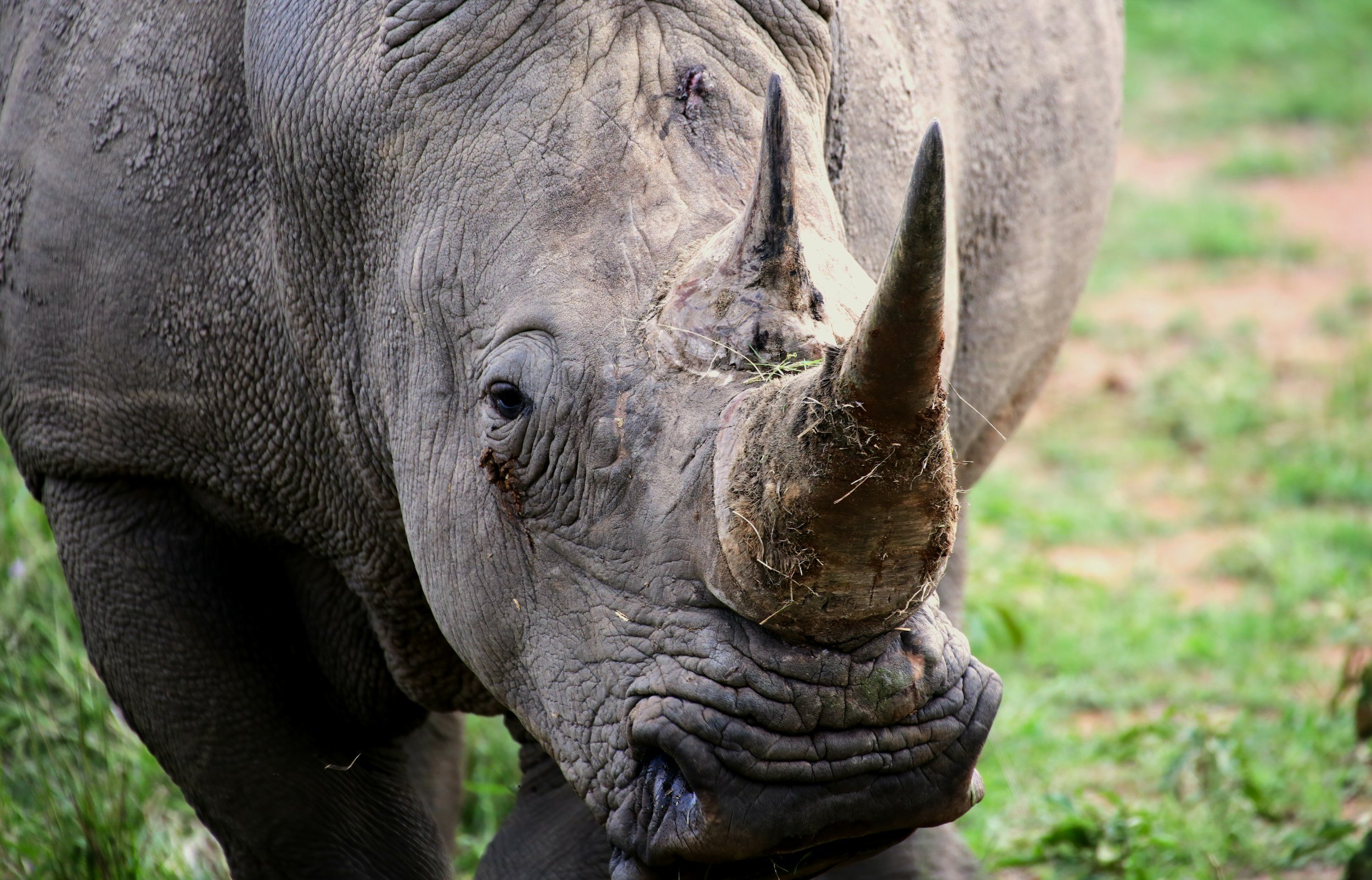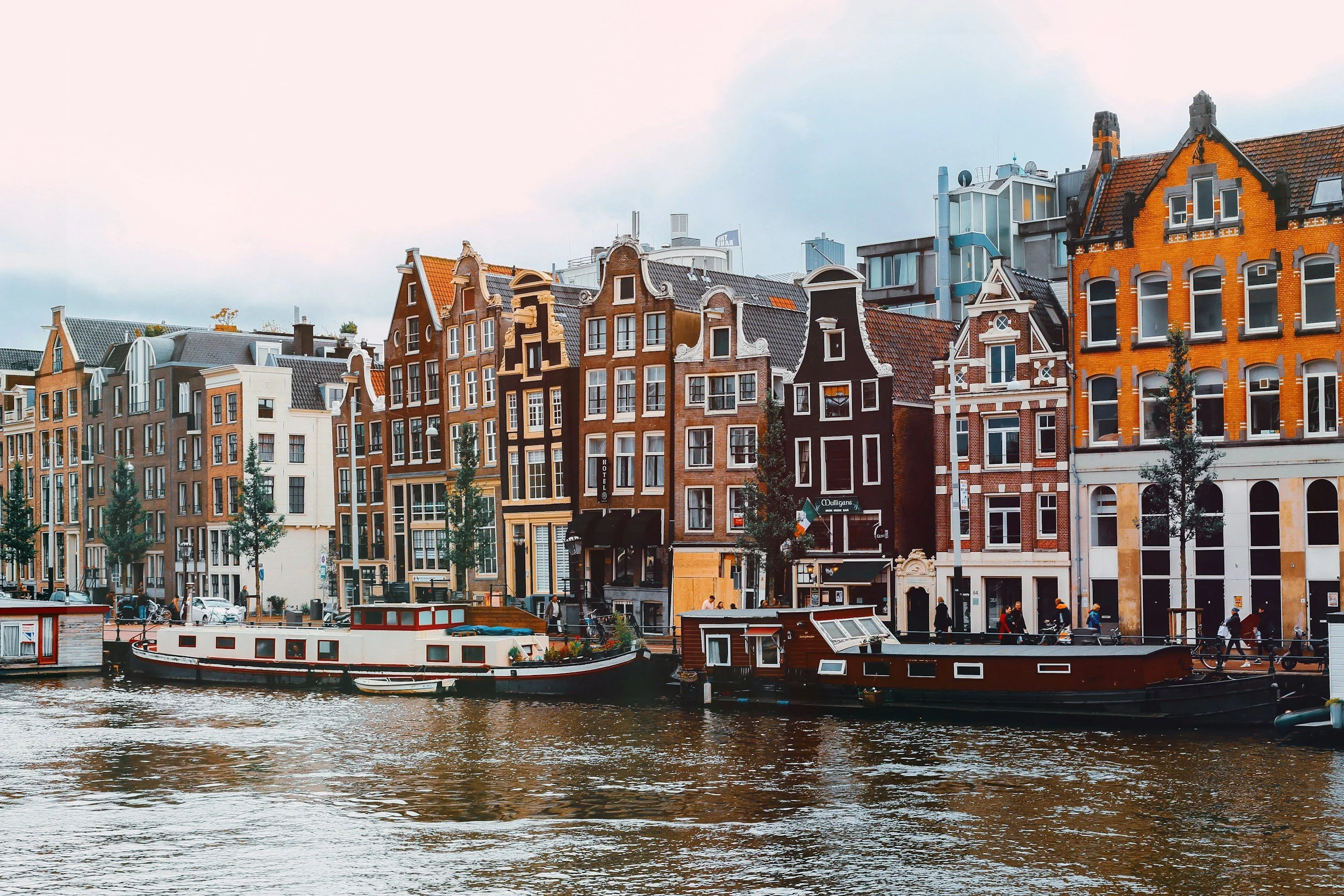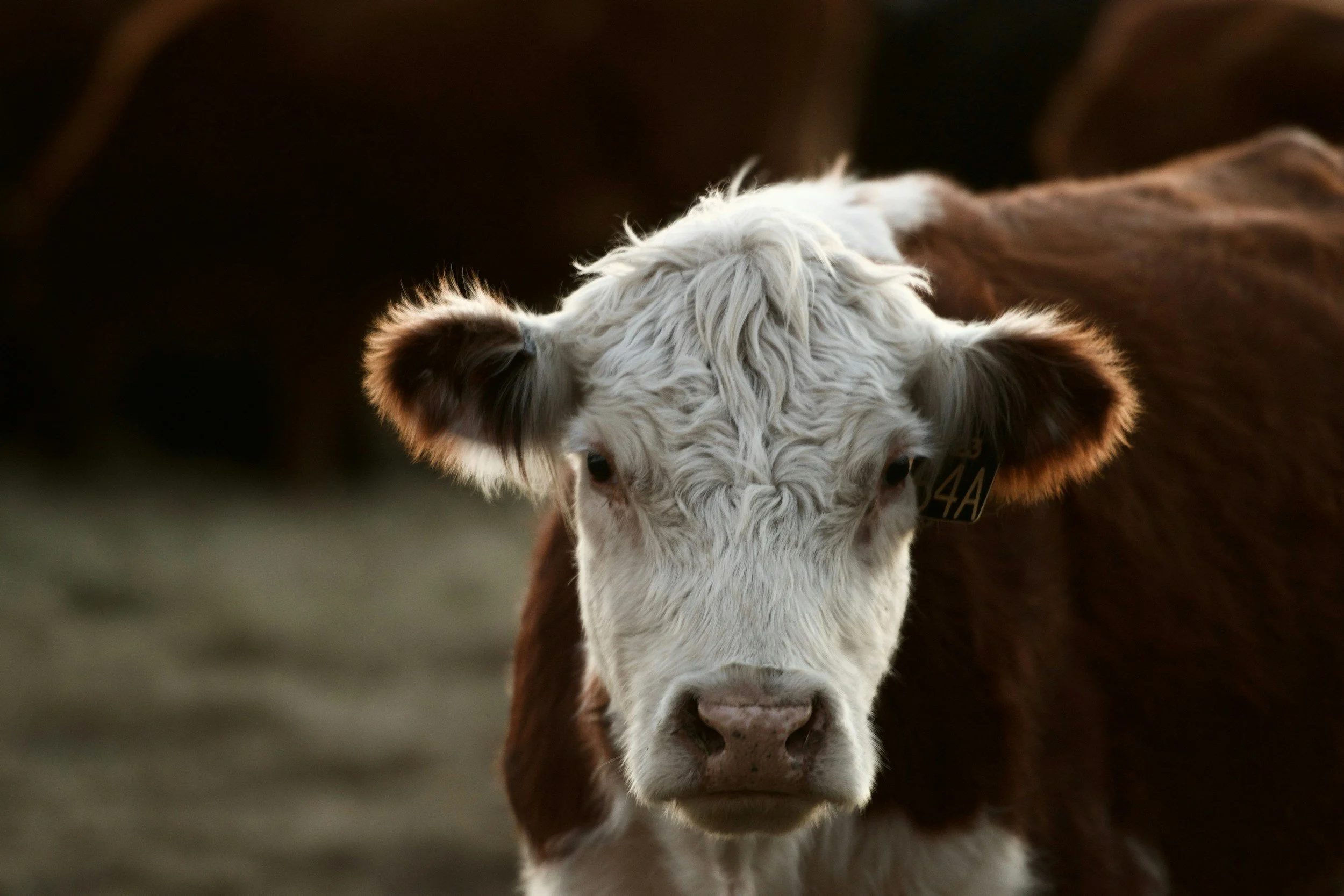103 rhinos poached so far this year in South Africa, mostly inside national parks
Officials report that on average more than one rhino has been killed each day in 2025, even as efforts to combat wildlife crime and support rangers persist.
Poachers have killed more than 100 rhinos in South Africa in the first three months of this year, according to new figures released by the country's Minister of Forestry, Fisheries and the Environment.
Environment Minister Dion George announced on Monday, 12 May, that 103 rhinos were poached between 1 January and 31 March, with 65 of those killed inside national parks.
“The loss of 103 rhinos to poaching in the first three months of 2025 is a stark reminder of the relentless threat to our wildlife,” George said, before pointing out that some progress has been made. "Yet, the absence of poaching in four provinces shows that our targeted interventions are yielding results, and we must build on this progress.”
The numbers amount to an average of more than one rhino killed per day so far this year, mirroring the rate of poaching recorded in 2024.
"In the last decade, poachers have killed almost 10,000 rhinos across Africa to feed the demand for horn on the black market," the International Union for Conservation of Nature (IUCN) reports.
South Africa is home to the world’s largest rhino population, with an estimated 16,000 to 18,000 black and white rhinos, according to conservation groups. Black rhinos are classified as critically endangered, with only around 6,400 remaining across Africa. Of those, approximately 2,000 live in South Africa, according to the International Rhino Foundation.
Between 1 January and 31 March 2025, authorities made 15 arrests related to rhino poaching. During the same period, five poaching cases were finalized in court.
The environment ministry also celebrated a landmark conviction last year of what it called a poaching “kingpin” from Mozambique. Simon Ernesto Valoi was sentenced to 27 years in prison for running an operation poaching rhinos in South Africa's huge Kruger National Park, which borders Mozambique, according to the Wildlife Justice Commission.
The South African government says it remains committed to tackling wildlife crime, with efforts focused on strengthening anti-poaching measures through increased ranger patrols, advanced surveillance technologies, and greater cooperation with national and international law enforcement.
Authorities are also working with conservation partners to deploy tools such as drones and thermal radar systems to improve detection and response capabilities. In addition, the government is engaging with communities living near protected areas to promote sustainable livelihoods and address the socioeconomic factors that often drive poaching.
“Our rangers are the true heroes in this fight, risking their lives daily to protect our rhinos,” said George. “Their tireless dedication inspires us all.”
Listen to podcast episode, S12. E4: John Jurko: Rhino Man: John Jurko is a director and producer of the film, Rhino Man, an award winning documentary which highlights the courageous field rangers who risk their lives every day to protect rhinos and our natural world.
We Have A Favor To Ask…
Species Unite amplifies well-researched solutions to some of the most abusive animal industries operating today.
At this crucial moment, with worldwide momentum for change building, it’s vital we share these animal-free solutions with the world - and we need your help.
We’re a nonprofit, and so to keep sharing these solutions, we’re relying on you - with your support, we can continue our essential work in growing a powerful community of animal advocates this year.





